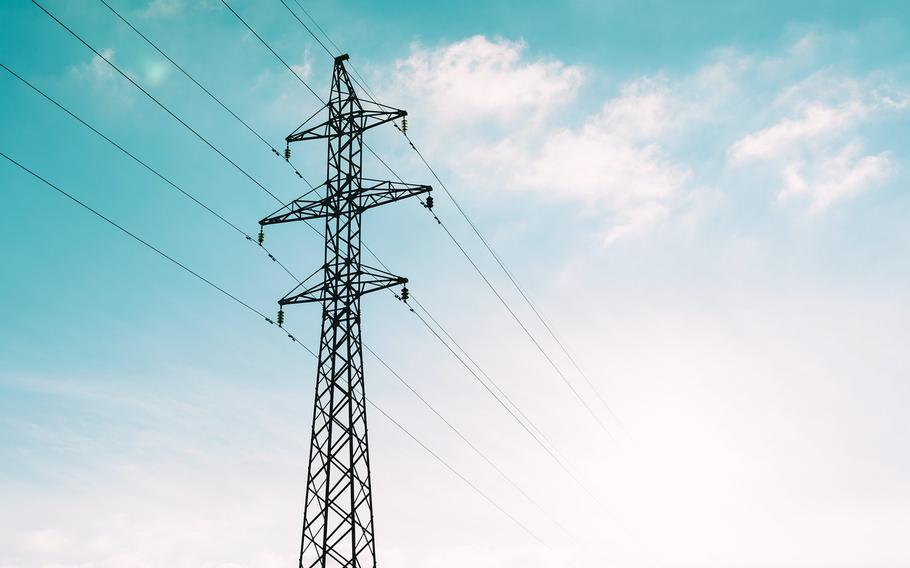
Japan's Cabinet has given electric power companies a green light to increase prices starting next month. (Pixabay)
TOKYO — U.S. military personnel living off base in Japan will pay significantly more for electricity under price hikes approved by the Japanese government this week.
Japan's Cabinet on Tuesday gave electric power companies a green light to increase prices starting next month, Chief Cabinet Secretary Hirokazu Matsuno said during a news conference that day.
News of the increase arrived along with a taste of summer. Thermometers flirted with 90 degrees Thursday in Tokyo, a city known for killer heat waves and unceasing demands for air conditioning.
Seven out of 10 major electric companies in the country had asked to raise prices due to an increase in the cost of imported energy such as natural gas, according to a statement by the Ministry of Economy, Trade and Industry on Tuesday.
Customers will pay between 14% and 42% more for power under the price hike, Matsuno said.
Tokyo Electric Power Co., which supplies electricity mainly in the Tokyo metropolitan area, will raise its prices 15.9% on average, according to a news release posted on its website on Tuesday.
U.S. military communities in the metro area include Yokota Air Base, headquarters of U.S. Forces Japan; Yokosuka Naval Base, homeport of the U.S. 7th Fleet; Camp Zama, headquarters of U.S. Army Japan; and Naval Air Facility Atsugi.
Okinawa Electric Power Co., which supplies power to the island that’s home to 80,000 U.S. military personnel family members, will raise prices 33.3% on average, according to a statement posted on its website Tuesday.
Tohoku Electric Power Co., which supplies power in Aomori prefecture, home to Misawa Air base and the Air Force’s 35th Fighter Wing, will hike prices 25.47% on average, according to a news release posted on its website Tuesday.
“Import fuel costs have greatly increased due to the Russian invasion of Ukraine in February 2022 while we were experiencing damage to financial bases from earthquakes, which occurred offshore of Fukushima prefecture in 2021 and 2022,” Tohoku company president Kojiro Higuchi said at a news conference Tuesday, according to a transcript posted on the company’s website.
Air Force retiree Tony Hughes, who lives in Akiruno, near Yokota, and works as a private contractor on U.S. bases in Tokyo, said his electricity costs have already climbed in recent years.
“I like the air conditioner,” he said while cooling off at the Yokota food court from 91-degree spring heat on Thursday.
Hughes estimated he and his wife pay $100 a month for electricity in their two-bedroom home, up from around $73 a month in 2016.
The couple are careful about how they use air conditioning lately and Hughes washes his clothes at a base laundromat to cut costs running a dryer, Hughes said.
“We both work all day,” he said. “If we were at home all day it (the power bill) would be double that easily.”